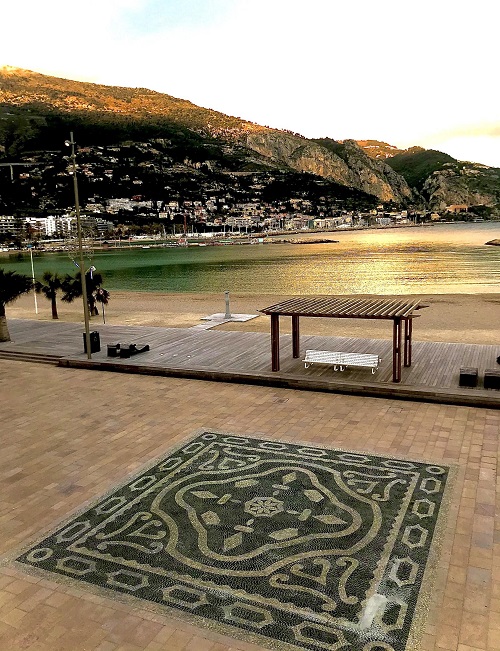When I chose to study abroad on the French Riviera with CEA, I assumed knowing a bit of French would be instrumental in determining how I spent my experience abroad. Entering a country whose official language is not English can be intimidating and might discourage you from studying here. Don’t let that affect your decision! The city of Antibes, located 20 minutes south of Nice, is a tourist destination for people from all over the world. Because of this, many of the locals and business owners speak a surmountable level of English. Additionally, the SKEMA Business School in Sophia Antipolis is an internationally acclaimed school where many of the classes are taught exclusively in English.
To answer my question from the title of this article: no, it is not necessary to become completely fluent in the official language of your host country. In fact, if you’re studying abroad in a large city, chances are, most people probably speak English. Although there are benefits to knowing the language of your host country, it should not deter you from wanting to study abroad there.
I have studied the French language in school for many years, which was a leading factor in my decision to study abroad in France. I chose to study in the south of France because I hoped to enhance this skill for my future career in international business and supply chain management. Although my classes are taught in English and many residents have a basic understanding of this language, I have found many ways to practice speaking French. I voiced my concern to my program director, who gave me great advice and went with me to a local organization. The organization, Les Restaurants Du Cœur, is a non-profit association founded by a famous French actor, to fight poverty in France. I signed up as a volunteer and for two days a week, I help other volunteers who guide me through the process of distributing food to the less fortunate in Antibes. Many of the volunteers speak French exclusively, which places me in an environment where I have to think on my feet. So far, this organization has been a great opportunity to practice language skills and also to give back to the community. I’ve had so much fun speaking to the volunteers and learning about the organization’s impact in France!
Additionally, studying abroad in Europe entails traveling to many destinations. Many students choose to visit tourist destinations and landmarks; however, there are many beautiful places that are a bit more secluded. I have been fortunate enough to visit some of these places in the south of France, specifically, on a hike in Théole Sur Mer during the time of the blooming of the Mimosa trees. Speaking French has definitely been an asset on these excursions and is something I can bring home with me that won’t take up space in my suitcase!
Making friends at an international school can also be intimidating. I have had the opportunity to meet students from all over the world who speak both French and English. The best part is sharing cultural differences and even experiencing new ones. One experience that I value apart from the others was a potluck hosted by friends from school. We had dishes including Norwegian smoked salmon wraps, Finnish salmon on rye bread, Dutch apple pie, Chinese lamb, Mexican quesadillas, Colombian salsa, and German black licorice candy. Although these dishes do not necessarily go together, it was one of the best meals I’ve ever had. Even sitting on the beach in the late afternoon in Antibes has been a great after-school activity and a way to interact with international students.
If you are thinking about studying abroad in Europe, consider studying in the south of France! There are so many places to visit within a short distance by bus or train, or you can simply stay in Antibes and go to the beach!











